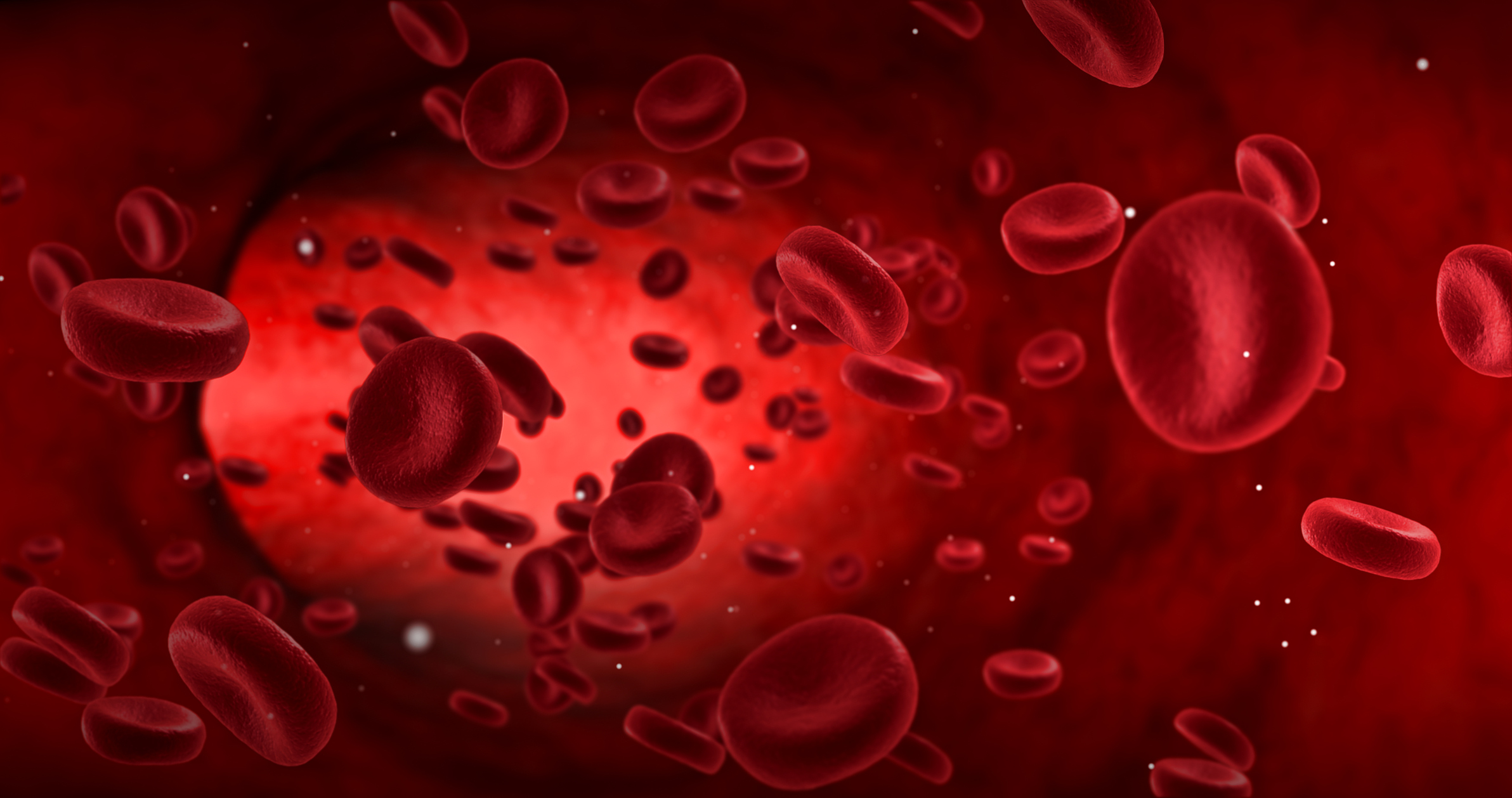Drug Delivery
ChromoLogic is actively engaged in the development of two drug delivery platforms. The first involves engineered bacterial cells that produce specific molecules for targeted delivery to organs, while the second utilizes nanoparticle formulations to deliver small molecules precisely to injury sites. Currently, our focus is on conducting pre-clinical studies to advance these platforms towards clinical application.
CereTRec
An injectable formulation that: 1.) maintains low drug clearance rates, 2.) accumulates at sites of brain injury, and 3.) releases neuroprotective therapeutics at controlled time intervals to address physiologic disturbances as well as the evolution of secondary injury cascades associated with TBI.
MagTaT
An orally administered nanoparticle formulation that simultaneously maintains a low bioavailability of PN therapeutics throughout the body, thereby reducing adverse systemic side effects, while also allowing the local concentration of therapeutics to be increased to efficacious levels near targeted areas of pain.
LRC-DP
LRC-DP is a program to develop drugs to mitigate gastrointestinal acute radiation syndrome (GI-ARS). Currently, there are no FDA-approved drugs to mitigate GI-ARS, which can result in mortality within weeks. Treating GI-ARS is complicated by the resulting inflammation and edema that compromises microcirculation for efficient delivery of mitigators, as well as anti-inflammatory cells.

JP4-039
JP4-039-MLV is a drug designed to mitigate or protect hematopoietic acute radiation syndrome (H-ARS). JP4-039 is a mitochondrial-targeting antioxidant that has been shown to have broad radiomitigation/protection activity, but delivering the drug in vivo is difficult due to its hydrophobicity. Encapsulating the drug in ChromoLogic’s multilamellar vesicle (MLV) formulation results in a soluble, lyophilizable drug that can be easily administered, even in low resource settings. Once administered, the drug slowly releases from the MLVs to provide long-term support.



